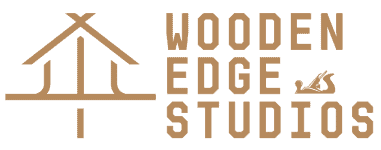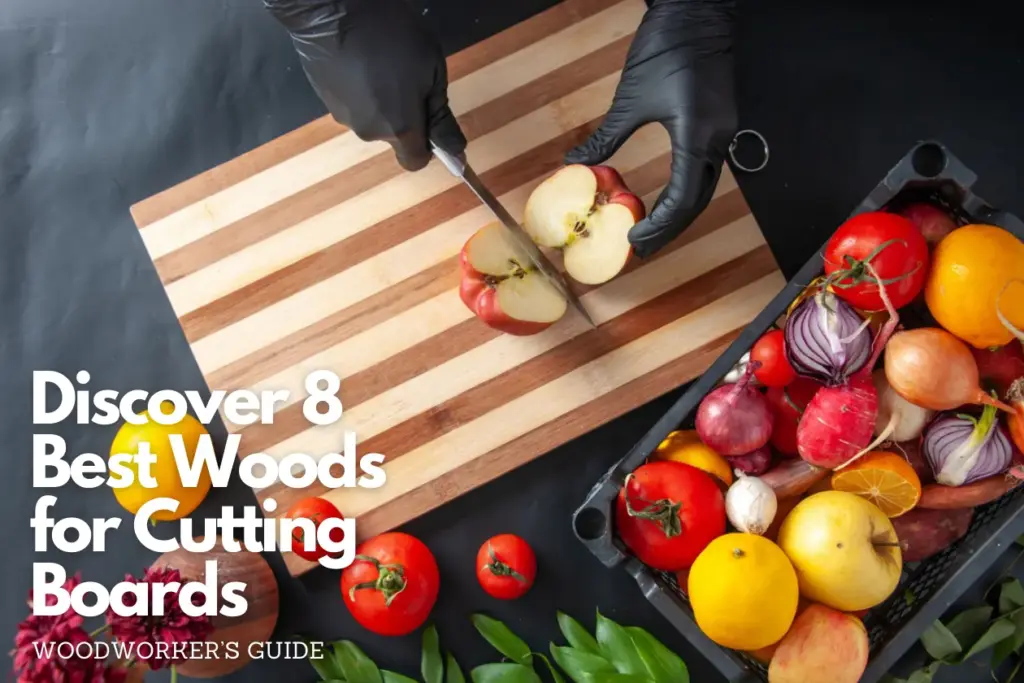8 Best Wood For Cutting Boards
Choosing the best wood for cutting boards can make a huge difference in your cooking experience. A high-quality cutting board is more than just a kitchen tool, it protects your knives, resists bacteria, and adds a natural, stylish touch to your kitchen. With so many wood options available, knowing which one to pick can feel overwhelming.
In this guide, we’ll break down the top 10 best wood for cutting boards, highlighting their durability, maintenance, and unique benefits. Whether you’re a professional chef or a home cook, this list will help you select the perfect wooden cutting board that will last for years.
Table of Contents
Maple (Hard Maple) Cutting Boards
Maple is widely considered one of the best woods for cutting boards due to its hardness, durability, and fine grain. It resists bacteria and won’t dull your knives quickly. Maple boards are also less likely to splinter and are easy to maintain with regular oiling.
Walnut Cutting Boards
Walnut is a premium option for those who want elegance and durability. It’s slightly softer than maple, which means it’s easier on knives. Walnut cutting boards also have a rich, dark finish that makes them visually appealing.
Cherry Cutting Boards
Cherry wood offers a balance of durability and beauty. It’s moderately hard, resistant to bacteria, and develops a deep reddish-brown color over time.
Bamboo Cutting Boards
Although technically a grass, bamboo is an eco-friendly choice that’s harder than most woods. It’s affordable, lightweight, and sustainable, making it a favorite among environmentally conscious buyers.
Teak Cutting Boards
Teak contains natural oils that make it resistant to water damage. It’s durable and requires less maintenance than many other woods, although it can be more expensive.
Beech Cutting Boards
Beech is affordable and reliable. With a fine grain, it resists moisture and bacteria when properly maintained. It’s a great budget-friendly option.
Oak Cutting Boards
Oak is strong and long-lasting, though its open grain requires careful maintenance to avoid absorbing moisture and odors.
Acacia Cutting Boards
Acacia is durable and eco-friendly. It’s harder than maple, making it highly resistant to scratches. Plus, it has a stunning natural appearance.
Choosing the best wood for cutting boards comes down to balancing durability, maintenance, and aesthetics. From classic maple to eco-friendly bamboo, each option has unique strengths. Want to explore more kitchen tips? Check out our guides on best knife sets and how to maintain wooden utensils.

